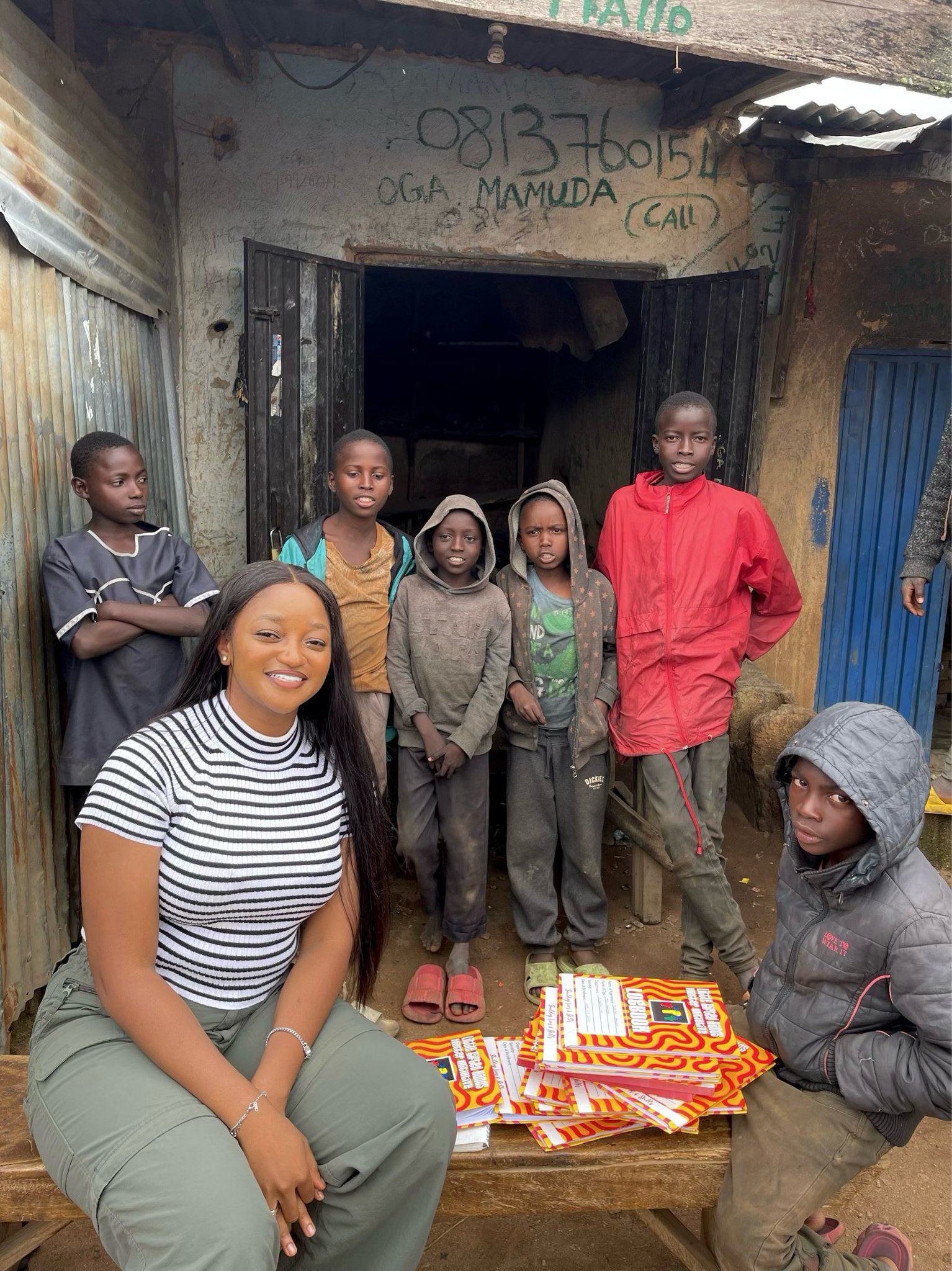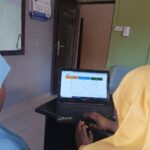According to the United Nations International Children’s Emergency Fund (UNICEF), Nigeria accounts for the third largest out-of-school children in the world, after India and Pakistan, with 15% of the global total.
To put this into perspective, one in three children in Nigeria is out of school, with 10.2 million at the primary level and 8.1 million at the junior secondary school (JSS) level 12.4 million children never attended school, and 5.9 million left school early.
Nigeria’s Minister of Education, Professor Tahir Mamman, stressed the significance of education in national development while addressing delegates at the 67th National Council on Education (NCE) Meeting.
Drawing on the grim data from UNICEF, he said: “This simply implies that we need great improvement to strengthen the system and service delivery at the basic education level.
“Although interventions from development partners such as the World Bank, UNICEF, and UNESCO have led to a considerable increase in enrolment, infrastructure, and quality of service delivery, we still need to re-examine the system critically and proffer workable solutions”
Northern Nigeria bears the brunt of this national crisis, accounting for about 60 percent of out-of-school children. Complex factors like early marriage, poverty, cultural norms, and insecurity have contributed to these alarming figures.
Amid these challenges, individuals like Maryam Sambo have emerged as beacons of hope. Born and raised in Plateau State, a region heavily plagued by “high crime rates and drug problems,” Maryam Sambo established Little Gifted Hands Matter (LGHM) NGO in 2023 to empower out-of-school children. Sambo, a specialist in the hospitality industry, said,
“The organization started with funds from my pocket. I believed that instead of spending money on clothing and travel, I could invest in the lives of the children,” Sambo said.
Founded in May 2023, Little Gifted Hands Matter (LGHM) focuses on equipping out-of-school children within Bassa Local Government Area with automotive skills. Called mechanics in common parlance, automotive experts are involved in designing, manufacturing, distributing, marketing, sales, and after-sales care of cars (including racing cars), motorbikes, and other commercial vehicles. They work on aesthetics, technical performance, and, increasingly, the electronics and software involved. “I enrolled 105 of them into panel beating, welding, etc. I chose these sets of skills because of the low barrier to entry and startup cost,” she said.
In the beginning, Sambo’s initiative focused on teenagers and youth who are out of school, but she incorporated those in school on a second thought.
Sambo’s decision was prompted by the fact that younger teenagers are more vulnerable to parental control than older youths.
“I realized that mechanics could operate as mobile businesses and visit clients at their homes to carry out their services. Additionally, they don’t require as much equipment compared to other capital-intensive vocations like hairdressing,” Sambo narrated.
Sambo is of the belief that training children in automotive skills leaves them not only self-employed but places them at the forefront of the automobile industry, thereby solving one of Nigeria’s protracted deficiencies.
Sambo’s vision was echoed by a research paper that showed that 85% of the over 60,000 automobiles imported into the country every year were second-hand vehicles. Recruiting boys and girls aged 7 and 15, Sambo grooms these adolescents into automotive experts after a 5-year stint. She stated, however, that she would sponsor their formal education if they didn’t attain mastery after the program.
“I also incorporated formal education into the project to help them be balanced individuals in society. While their workshop days are Mondays to Fridays, they are given formal education during the weekend,” Sambo told Prime Progress.
Outside of 2 tutors, LGHM consists of 2 supporting staff members, who also supervise the program. Additional support come from her mother, a nurse who handles medical emergencies, while her sister supervises the school project on weekends.
But rising costs of living and community resistance threaten the program’s sustainability. “The last time I gave incentives was in November. I don’t even know if I can afford to give any in February. Things have become more expensive. When I had this idea, it was before this government., I didn’t know things were going to be this bad,” Sambo lamented.
Nevertheless, with 105 students under her wings, Sambo’s commitment and innovative approach offer a remarkable example in the campaign against out-of-school children.
According to UNICEF, Nigeria has the third highest number of out-of-school children globally, accounting for 15% of the world's total. This translates to one in three Nigerian children being out of school: 10.2 million at the primary level and 8.1 million at the junior secondary school level. The northern region is particularly affected, responsible for about 60% of these children due to factors like early marriage, poverty, cultural norms, and insecurity.
At the 67th National Council on Education meeting, Nigeria's Minister of Education, Professor Tahir Mamman, emphasized the crucial role of education in national development. He highlighted the need for significant improvements despite existing interventions from partners such as the World Bank and UNICEF.
In response to these challenges, individuals like Maryam Sambo have taken proactive measures. Sambo initiated the Little Gifted Hands Matter (LGHM) NGO to train out-of-school children in automotive skills in Plateau State, starting in May 2023. Funded initially from her own resources, the program focuses on equipping children with skills such as panel beating and welding, aiming for self-employment and industry involvement.
With 105 students enrolled, Sambo's initiative also includes formal education on weekends. Supported by her mother and sister, the program faces financial challenges and community resistance but remains committed to its goal.






